
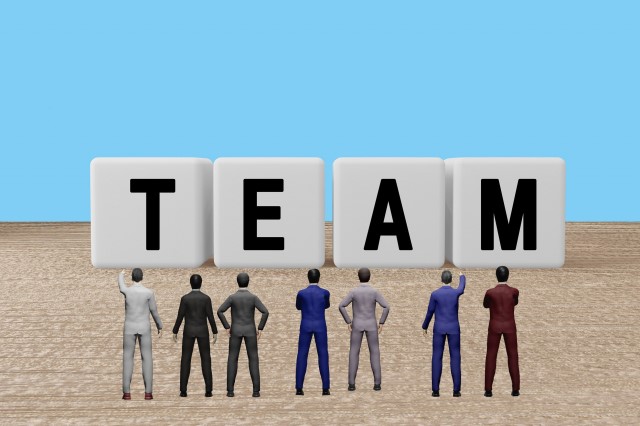
● This is suitable for individuals who ●
- Want to understand their subordinates and improve their relationships.
- Aim to enhance their subordinates' initiative.
- Seek to improve retention rates.
- Wish to reduce friction in evaluations.
M-MCL addresses your challenges based on three key points.
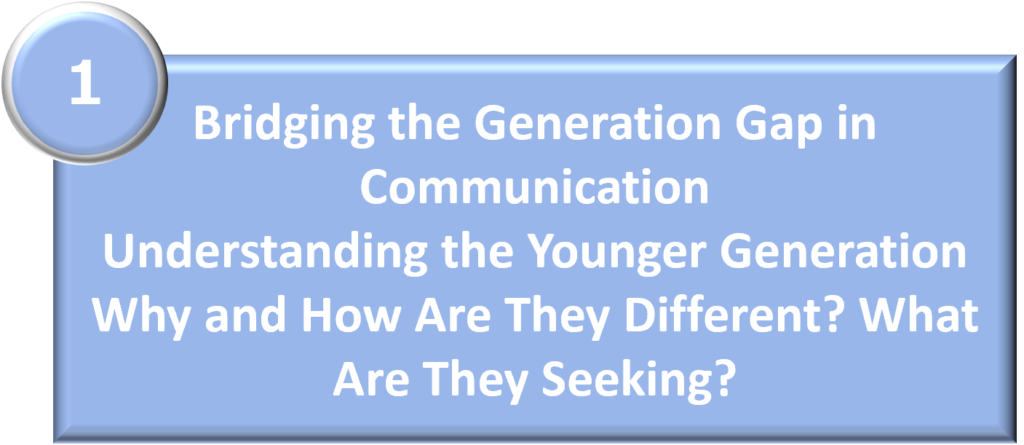
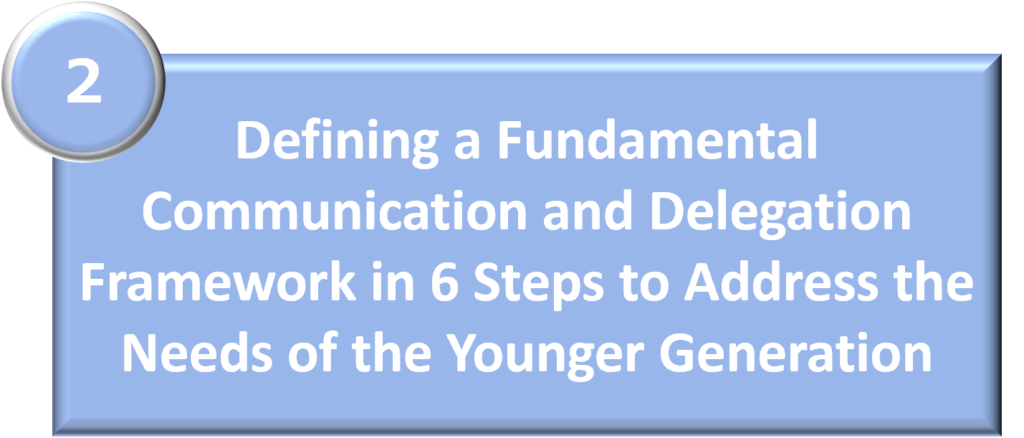
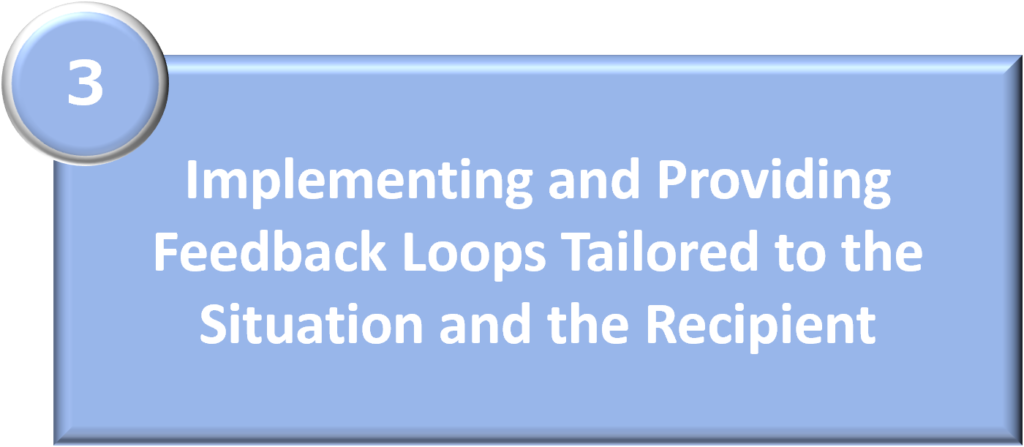
Expected Outcomes from the Workshop Program
- Methods for motivating and guiding challenging young talents.
- Understanding the thought processes, backgrounds, and reasons of subordinates.
- Ways for subordinates to be satisfied with their evaluations.
- Methods for reducing the distance with subordinates and gaining open communication and trust.
- Ways to instill motivation and a sense of ownership in subordinates.
- Methods for confidently delegating responsibilities.
Workshop Program Concept
Program Features
•Involving the entire organization to increase a sense of ownership for everyone.
•"Sessions" conducted every two weeks, each lasting two hours.
•Providing detailed templates and frameworks for work between "Sessions."
•Email-based question and answer support, with additional sessions offered as needed.
•"Buddy Work" involving task presentations, discussions, and sharing of success experiences, conducted every two weeks for two hours.
•Implementation of long-term improvement strategies to reinforce retention through repetition.
Image of Stabilization
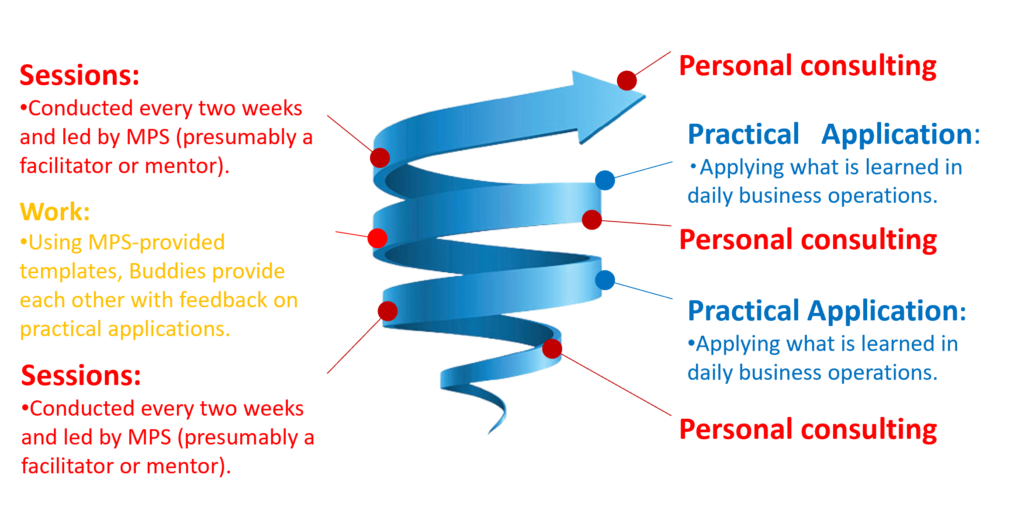
M-MCL Retention Program Overview
- Mission Command Leadership Workshop
- •Twice a month, 2.5-hour workshops (Total 20 hours over 4 months)
•4 individual sessions of 30 minutes each
A workshop for learning and practicing the concept of Mission Command Leadership (M-CL).
For more details, ▶Click here
- Mission Command Leadership Workshop - Intensive Short Course
- •Two-day workshop, 7 hours each day (Total 14 hours)
•3 individual sessions of 30 minutes each
An intensive workshop for quickly acquiring and practicing the concepts of Mission Command Leadership (M-CL).
•For more details, ▶click here.
- Retention Coaching Workshop
- •Over 3 months, monthly 2-hour workshops (Total 6 hours)
•3 individual sessions of 30 minutes each
This workshop focuses on practicing learned skills in daily activities and receiving regular coaching for thorough retention.
For more details, ▶click here.
- M-MCL Academy
- •Monthly 2-hour study sessions and group work
•Social gathering after the study session (up to 2 hours)
A long-term retention and skill improvement program where participants acquire the latest information, engage in discussions with peers, and refine their skills to become experts.
For more details, ▶click here.
Mission Command Leadership Workshop Overview

Module 1
•Understanding the motivation that leads to initiative
•Background of young professionals' culture and its general responses I
•Delegation Framework: Overview of 6 Steps
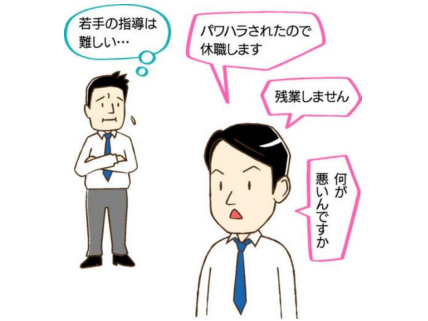
Module 2
•Background of young professionals' culture and its general responses II
•Step 1: Opening
•Involving the other party, making them feel their significance


Module 3
若手の文化の背景とその対応一般 III
ステップ② 目標設定
- 相手が納得行く腑に落ちる会社のニーズに合う目標設定とは
•Background of young professionals' culture and its general responses III
•Step 2: Goal Setting
•Understanding what goal setting means that aligns with the company's needs and satisfies the other party

Module 4
•Handling resistance I
•Step 3: Setting Evaluation Criteria
•Clarifying expected outcomes and eliminating ambiguity

Module 5
•Handling resistance II
•Step 4: Progress Monitoring
•Ensuring satisfactory feedback and establishing support mechanisms


Module 6
•Shifting the mindset of subordinates who may view issues as someone else's problem I
•Step 5: Risk Management Rules
•Creating an environment where the other party can take risks with confidence while learning

Module 7
•Shifting the mindset of subordinates who may view issues as someone else's problem II
•Step 6 (Self) Evaluation
•Evaluating in a way that is absolutely satisfactory and logically sound for the other party
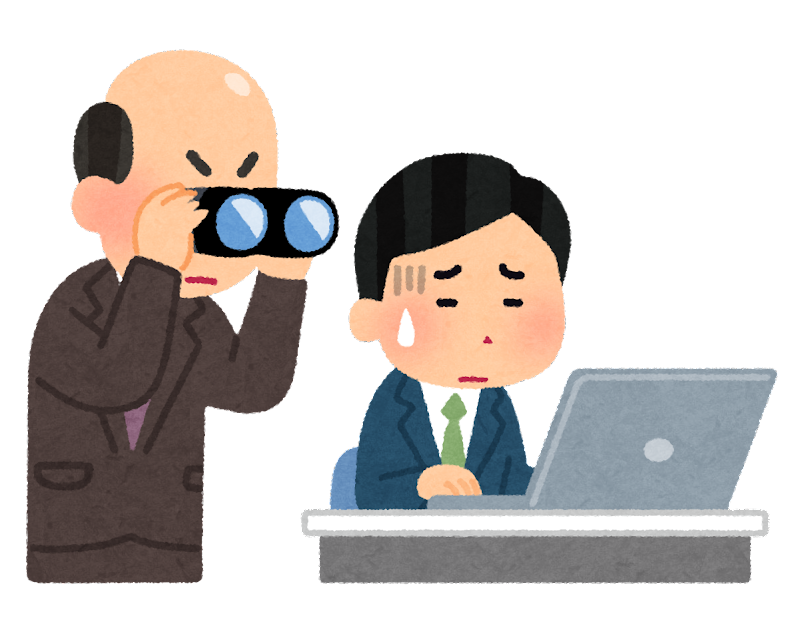
Module 8
•Overall Review
•Establishing and implementing self PDCA (Plan-Do-Check-Act) standards
•Introducing a Buddy system
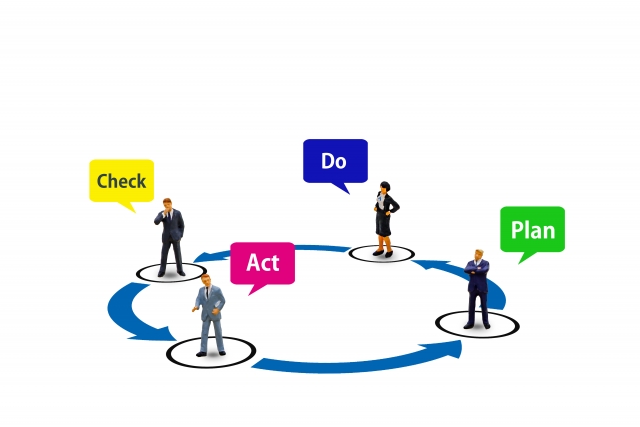
•M-MCL Completion Certificate
A certificate will be issued upon completion of the workshop.
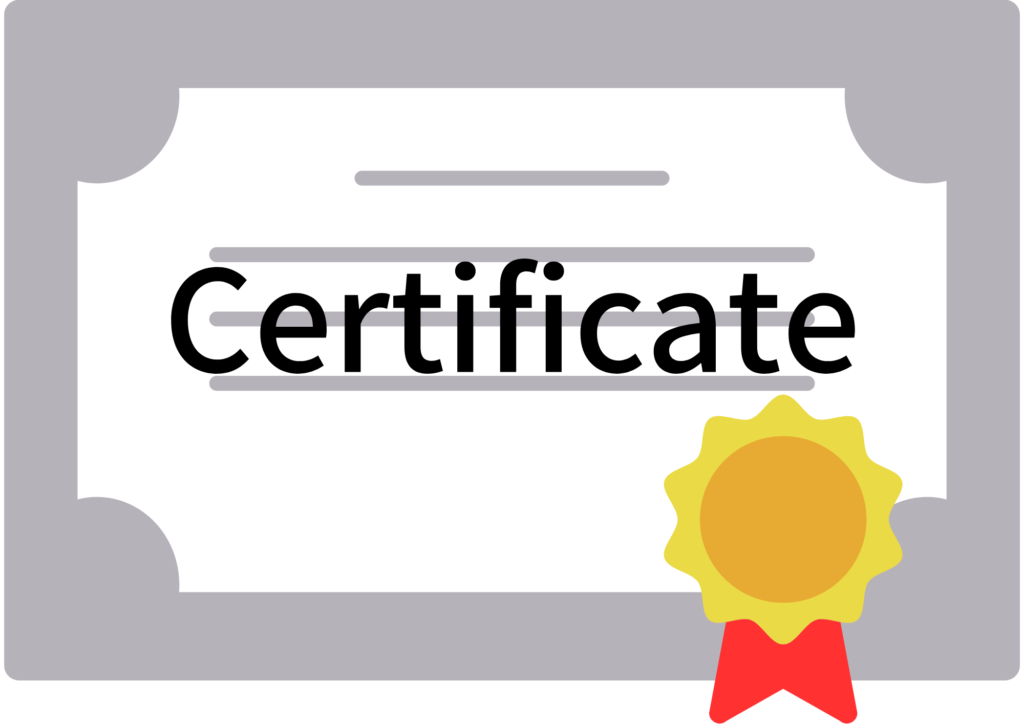
Mission Command Leadership Short Intensive Course Overview
For those who cannot allocate an extended period of time, this is a two-day intensive course.

Day 1
Orientation
About the workshop
•Explanation of the workshop, Buddy system, and combinations
•Overview of the Delegation Framework: 6 Steps

Expectations of Subordinates and Leadership Concepts
•Understanding the motivation that leads to initiative
•Background of young professionals' culture and its responses
•The purpose of new-age leaders managing their subordinates
•What young professionals expect from leaders
•Understanding Mission Command Leadership

Delegation Framework
•Step 1: "Opening"
Involving the other party, making them feel their significance
•Step 2: "Goal Setting"
Setting goals that align with the company's needs and satisfy the other party
•Step 3: "Setting Evaluation Criteria"
Clarifying expected outcomes and eliminating ambiguity
•Step 4: "Progress Monitoring"
Ensuring satisfactory feedback and establishing support mechanisms
•Step 5: "Risk Management Rules"
Creating an environment where the other party can take risks with confidence while learning
•Step 6: "(Self) Evaluation"
Evaluating in a way that is absolutely satisfactory and logically sound for the other party

Summary
Review of the content covered so far and discussion of tasks for the next session


Day 2
Review and Improvement of Practical Activities
•Presenting the results of the two-week practice and providing mutual coaching
•Role-play for each step
•Presentation, discussion, and improvement of "Opening" in group work
•Presenting improvements to the entire workshop
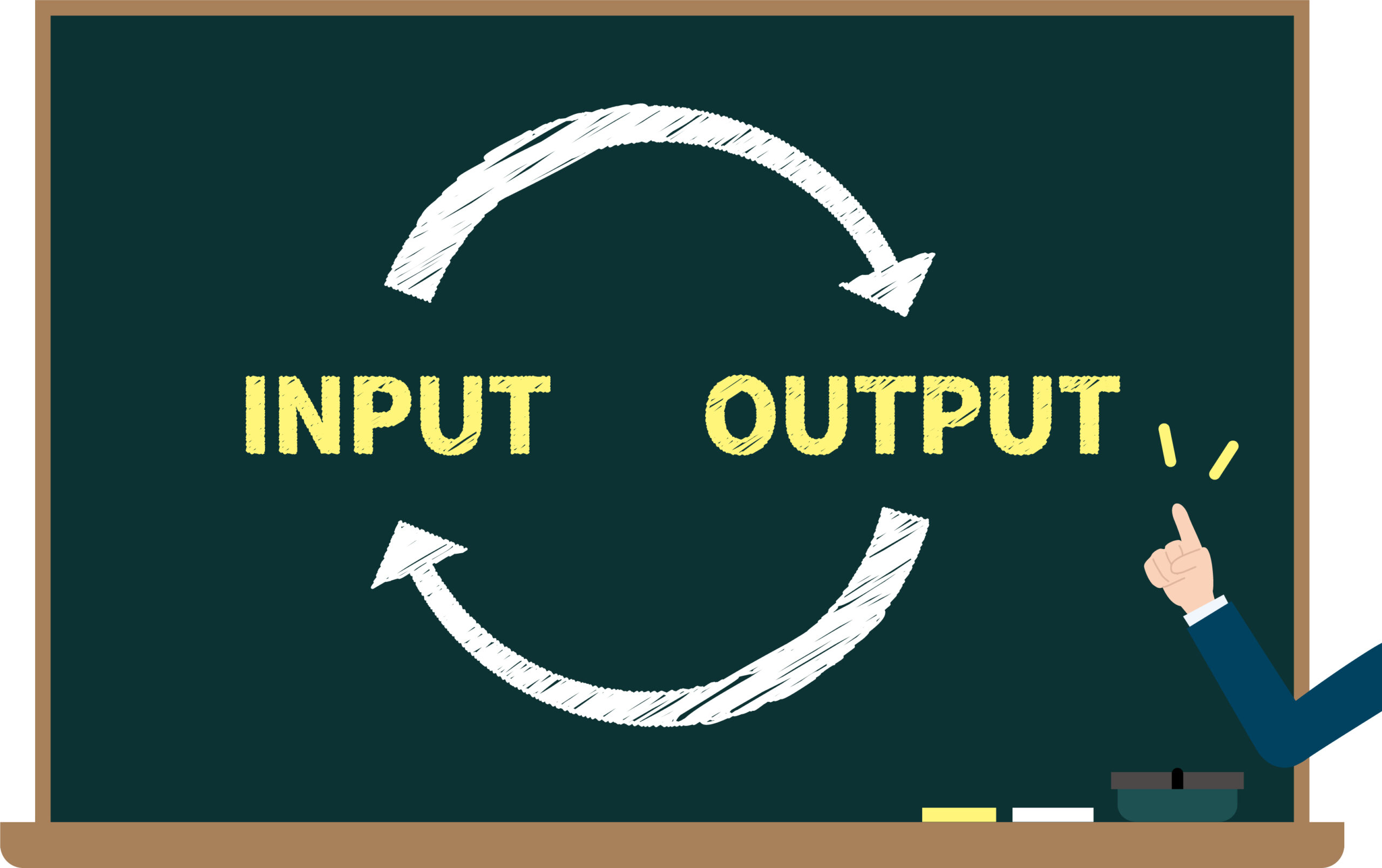
Final Review
•Role-play of the 6-step Delegation Framework with an emphasis on improvements
•Feedback and coaching

Retention Plan
Quantification of the desired state, PDCA, and explanation of the Buddy system

Summary
Overall review and awarding of completion certificates

Continuous Coaching Workshop Overview

Module 1
•Practical Review: Group Work: Reflecting on the past month's results and improvements
•Revising PDCA standards and setting up the buddy system
•Review of general responses to the cultural backgrounds of young employees

Module 2
•Practical Review: Group Work: Reflecting on the past month's results and improvements
•Review of Steps ① & ②
•Review of general responses to the cultural backgrounds of young employees

Module 3
•Practical Review: Group Work: Reflecting on the past month's results and improvements
•Review of Steps ③ & ④
•Review of responses when facing resistance


Module 4
•Practical Review: Group Work: Reflecting on the past month's results and improvements
•Review of Steps ⑤ & ⑥
•Review of responses when facing resistance

Module 5
•Practical Review: Group Work: Reflecting on the past month's results and improvements
•Comprehensive review of the six-step delegation framework
•Review of awareness reform for subordinates who tend to think tasks are someone else's responsibility

Module 6
•Practical Review: Group Work: Reflecting on the past month's results and improvements
•Awareness reform for subordinates who tend to think tasks are someone else's responsibility: Part I
•Revising PDCA standards and setting up the buddy system

M-MCL Completion Certificate
A certificate will be issued upon completion of the workshop

M-MCL Academy
Upon completion of all courses, you can become a member of the M-CL Academy
Monthly Study and Social Gatherings
- Once a month, 2 hours
- Participate in online groups
- Consult with fellow members and obtain the latest information
- Expand your network
*Note: The format (in-person, hybrid, or online) will be decided based on current circumstances and needs.
Study Group Content
- Presentations by participants (optional)
- Group work for problem-solving
- Review of M-MCL modules
- Information on mainstream leadership practices abroad

Famous companies are also adopting the "Mission Command" leadership style.
The "Mission Command" leadership style is a leadership method that you can find famous companies
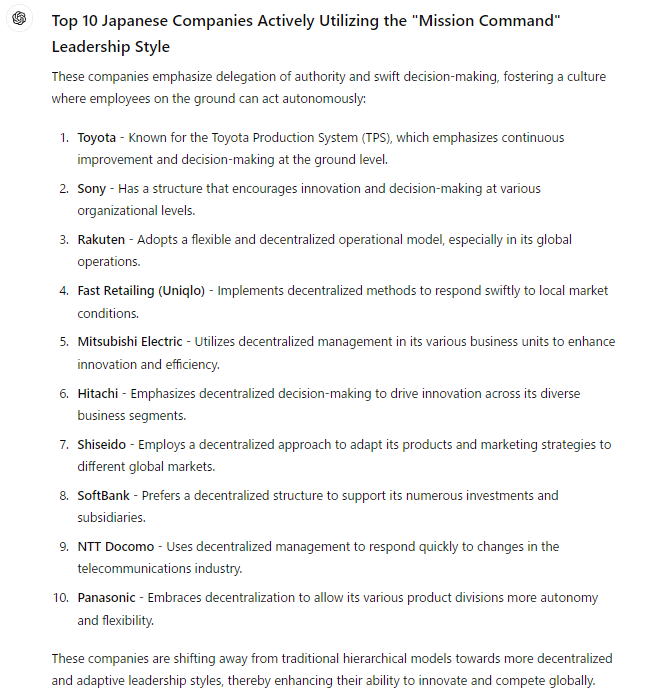
About Mission Command Leadership
Mission Command Leadership is a leadership philosophy and approach that originated in the 19th century German military. It was developed in response to the rapidly changing nature of warfare and the need for decentralized decision-making in complex and dynamic battlefield situations.
Mission Command emphasizes the importance of giving subordinates clear missions or objectives while granting them the freedom to exercise their own judgment and initiative to achieve those missions.
Leaders are expected to provide guidance, intent, and resources, but they delegate decision-making authority to the lowest possible level.
Mission Command requires trust, mutual understanding, and a shared comprehension of the overall mission between leaders and their subordinates. Effective communication and decentralized decision-making are crucial for successfully implementing Mission Command.
Mission Command Leadership is considered the ultimate leadership framework for adaptability, flexibility, and decentralized execution. It enables organizations to respond to and adapt to complex and rapidly changing environments. Additionally, it is known as the best framework for enhancing employee motivation at all levels, promoting innovation, initiative, and ownership among subordinates, and improving agility, decision-making, and overall mission success rates.
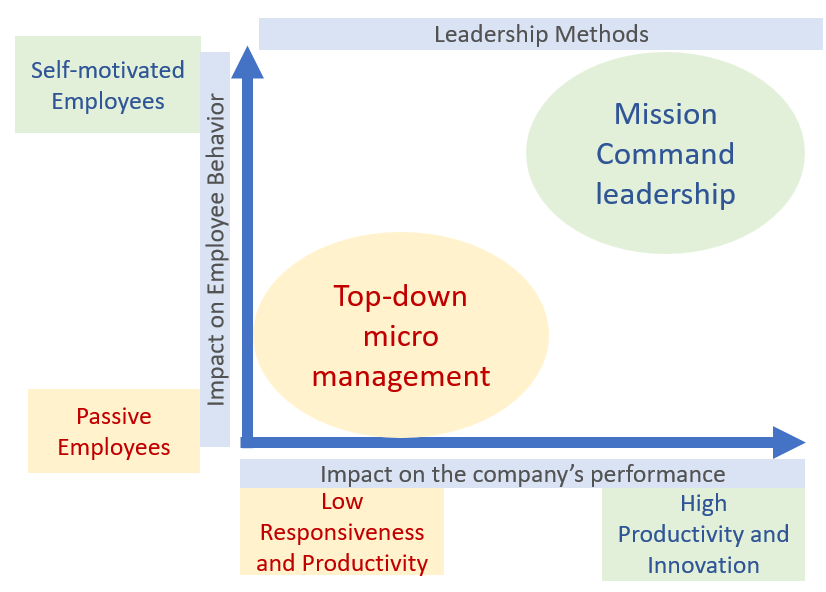
Leadership that aligns with the times needs to address these three challenges:
The speed of market changes
For 60 years, we used rotary phones, and in just 30 years, we transitioned to a world where video conferencing is possible anytime and anywhere via mobile phones. The foundational strategies of marketing from 10 years ago, or even 5 years ago, have evolved and continue to advance today. The importance of “20 years of experience” in all business aspects, such as manufacturing, marketing, and finance, is diminishing due to advancements in artificial intelligence, ChatGPT, and other technologies. Consequently, the products, services, and sales methods demanded by the market are changing at a rapid pace.
Changes in the Needs of Young People
The reduction in extended families, dual-income households, the rise of social media and MMOs, the emergence of real-life and online friends, shifts in child-rearing and educational philosophies (the helicopter parenting generation), the impact of overprotective education, the advent of "Professor Google," and the arrival of AI tools like ChatGPT have led to significant changes in what young people expect from their jobs and leaders. These changes have created intense communication gaps between generations.
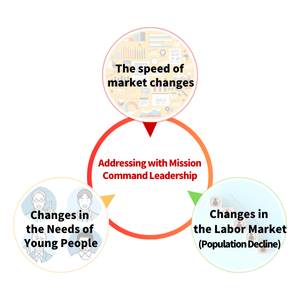
Changes in the Labor Market (Population Decline)
With an already insufficient population, young people who possess the skills demanded by the rapidly changing market are in high demand.
It is no longer an era where we can simply say, "You can quit if you want." Enhancing overall capabilities and improving employee retention have become the most critical human resource strategies.

